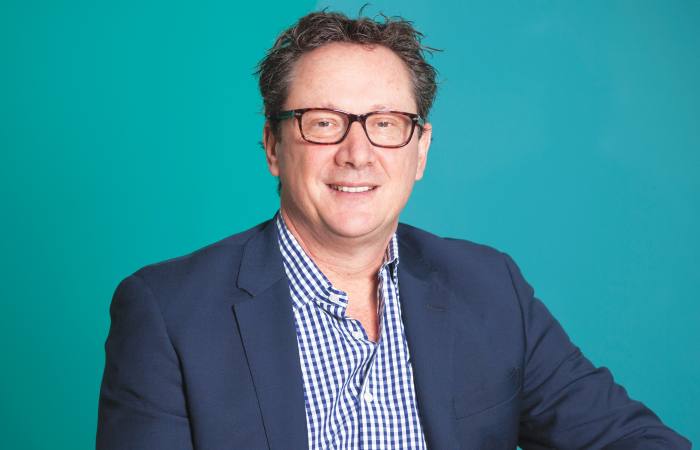
Orbis Investments may be a new name in the UK retail intermediary space, but it has a long pedigree in London. The firm opened its first office there in 1989, with the aim of making its mark in the local market, head of UK retail Marcel Bradshaw says.
The company was founded by Allan Gray, an investor who spent time with Fidelity before returning to South Africa in the mid-1970s to set up his own asset management business. By the late 1980s, Mr Gray wanted to manage money globally, something not possible from South Africa at the time, so Orbis Investments was established in London. It now manages about $30bn (£23bn) globally.
Mr Bradshaw notes: “The parent company has had a retail presence for a long time in South Africa, and at the moment is the biggest platform in the country and the biggest privately owned asset manager. Orbis Investments started a retail presence in Australia about 10 years ago, and recently started our retail presence in the UK.”
While Orbis’s flagship fund, Global Equity, has a track record dating back to January 1990, it is only in the past few years that the firm has started targeting the retail side.
Mr Bradshaw explains: “What’s important for us is that the environment is one that is correct for us as a company, what we stand for and our values. For example, we have never paid, and never will pay, rebates and as such pre-RDR the UK environment didn’t really suit us. With the RDR in 2012, it started making sense for us to look at the UK retail side.”
He points out that Orbis has been an institutional player since it began in 1989, but “a very passive institutional player. The institutional investors found us and invested with us, but as a retail player you can’t really be passive”.
One of the company’s founding principles was to democratise investments and offer the man in the street the same options as those offered to institutional investors.
As a result, Mr Bradshaw says that three to four years ago Orbis started on the retail side with a direct-to-client (D2C) business, which offers two funds – Orbis Global Equity and Orbis Global Balanced – to direct investors for a £1 minimum investment. “That’s currently branded as Orbis Access, but towards the end of the year we will look at having just one brand in the UK called Orbis Investments,” he adds.
He says the company’s process is not just about asset gathering. Instead, he highlights its alignment with clients through a different fee model, private ownership and a focus on nurturing its own talent.
Mr Bradshaw suggests the structure – which last year saw 85 per cent of the ownership transferred to a charitable trust, with the remaining 15 per cent held by management – underpins its contrarian, long-term, fundamental bottom-up stockpicking investment process.
“Being privately owned is absolutely vital: we can have our investment ideas and our commercial ideas, and we can take a long-term view of these things. If we are in the contrarian side of the market, which we believe is the undervalued side, it is possible for the portfolio managers to have contrarian ideas and not have career risk because we are privately owned.”





